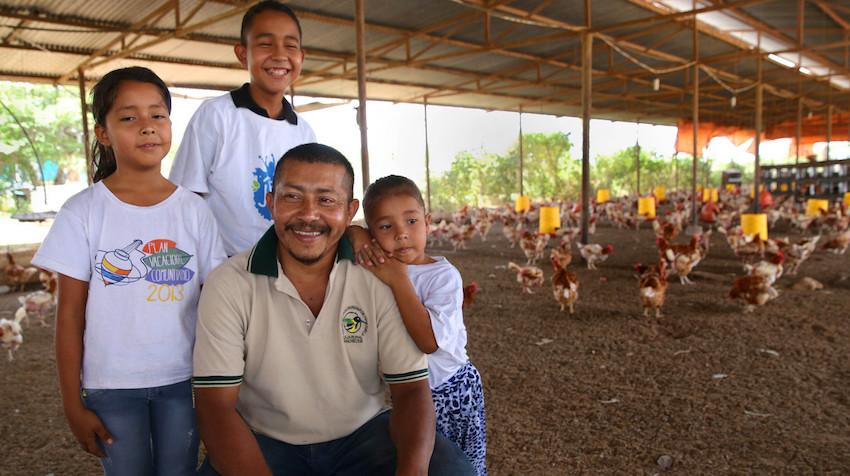The UN FSS opened the floor: more than 1,200 ideas and propositions to transform food systems
UN Food Systems Summit opened the floor to governments, farmers, youth, women and indigenous groups, scientists and civil society to uncover innovations to transform food systems. The UN Food Systems Summit has surfaced more than 1,200 ideas and propositions to transform food systems in just…
UN Food Systems Summit opened the floor to governments, farmers, youth, women and indigenous groups, scientists and civil society to uncover innovations to transform food systems.
The UN Food Systems Summit has surfaced more than 1,200 ideas and propositions to transform food systems in just six months of public engagement.
Since September, the Summit has hosted regular online meetings, public fora and surveys organised around five priority objectives for more equitable and sustainable food systems.
More than 400 of the submissions during the preparatory process for the Summit, which takes place in September, came from farmer and producer groups, indigenous communities and civil society, while academics shared 200 of their ideas.
Around 250 suggestions came from the private sector and 123 were submitted by UN Member States, tackling a range of local, regional and global issues by offering voluntary solutions to help shape national commitments to deliver the Sustainable Development Goals (SDGs).
“I’m delighted to see so many ideas put forward to set us off on our journey towards delivering on the Sustainable Development Goals,” said Dr. Agnes Kalibata, Special Envoy of the UN Secretary-General for the Food Systems Summit.
“Achieving the 2030 Agenda in the next 10 years is within reach if we act swiftly and with strong ambition. It also is a huge opportunity to come through on more inclusive food systems that deliver for everyone.”
In the past month, the Summit leadership assessed the 1,200 ideas against three criteria: impact at scale, actionability and sustainability.
The submissions were then consolidated into 107 emerging propositions across the five Action Tracks. These include a wide range of ideas such as making social protection programs more nutrition-sensitive to address hunger and malnutrition at the same time; scaling out agro-ecological production systems, and mechanisms like securing land tenure and property rights to strengthen the agency of many of the world’s most marginalized people.
Ahead of the next phase of engagement, the Summit leadership has called for additional ideas before it begins to prioritize the final path towards the Summit.
“The Action Track leaders and members have spent an enormous amount of time and assessed what we have heard so far, and the process is at its beginnings,” Dr. Kalibata added.
“We need the broadest possible range of perspectives from Member States, citizens, private sector, civil society, producers, indigenous peoples, and youth, especially as dialogues take root globally now with more than 80 countries committed to the process, and nearly 200 independent dialogues happening.
“We want to make sure that everybody who has a stake in any part of the food system gets an opportunity to make their voices are heard. We want to make sure they get a chance to get involved.”
The Summit leadership will consult with all stakeholders throughout April. They will invite feedback on submitted ideas, but they will also be taking new ideas on-board that may help close gaps and/or raise ambition towards achieving the SDGs by 2030.
All stakeholders are encouraged to engage in several ways, including: The Summit Community platform.
